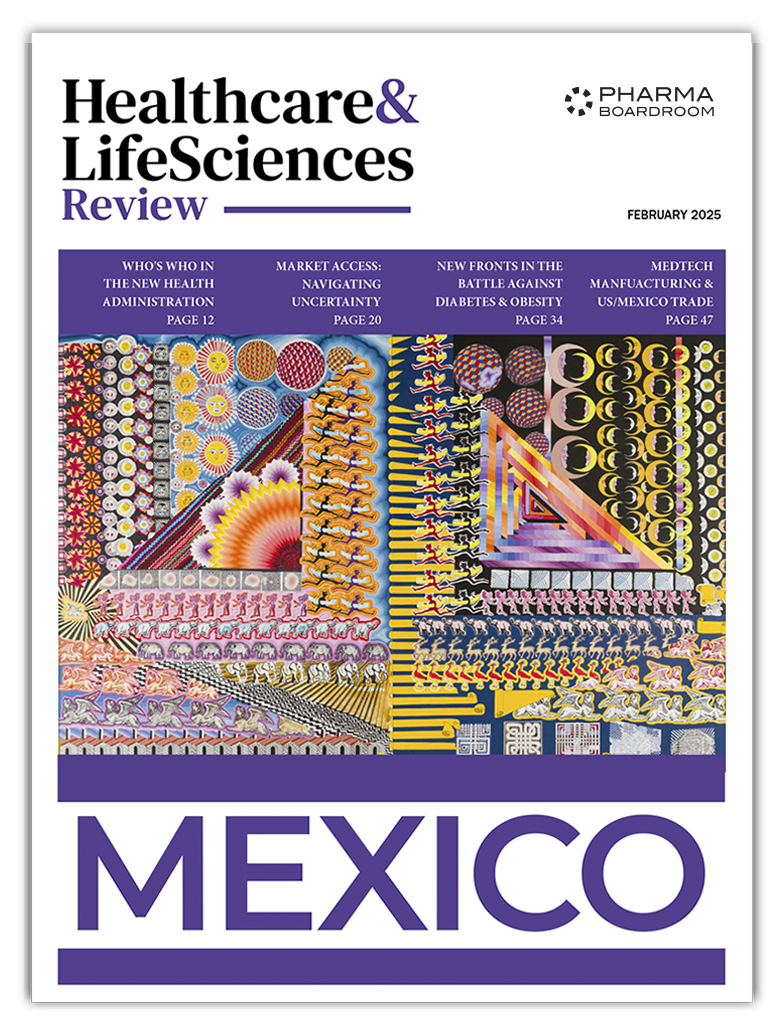With the naming of Armida Zuñiga as head of the country’s regulatory body COFEPRIS, new Mexican president Claudia Sheinbaum has concluded the new government’s healthcare appointments and begun advancing her agenda by tackling Mexico’s widespread medicine shortages.
New Regulatory Lead
By the time Claudia Sheinbaum was sworn in as president on October 1st, she had already appointed a large part of her cabinet and made pivotal decisions in her pursuit of “continuity with change,” with respect to healthcare, building on predecessor López Obrador’s reforms. This month’s naming of chemist and biologist Armida Zuñiga as head of the Federal Commission for Protection Against Health Risks (COFEPRIS), Mexico’s principal regulatory body, appears to be the final piece needed to set Sheinbaum’s healthcare agenda in motion.
The first woman to hold the position, Zuñiga has already worked for COFEPRIS for ten years, leading the Commission for Analytical Control and Extension of Coverage (CCAYAC), a unit that ensures the safety and efficacy of medicines and medical devices, and provides the scientific support for COFEPRIS’ decisions.
Zúñiga also has a solid academic and technical background and a track record of achievements, having held positions as State Commissioner for the Protection against Health Risks in Hidalgo and Director of the Hidalgo State Public Health Laboratory, where she obtained ISO 9001:2008 certification.
Accepting the post, Zuñiga demonstrated her alignment with Sheinbaum’s goals, saying she would “continue efforts to digitise and streamline procedures” with the aim of guaranteeing access to quality medical supplies.
Healthcare Agenda Kicks Off with Procurement Plan
Shortly after naming Zuñiga, Sheinbaum gave the green light for the government’s first large consolidated purchase of medicines as part of the new administration’s procurement and distribution plan that aims to guarantee the supply of medicines and tackle Mexico’s rampant shortages. Under the plan, the Ministry of Health will spend MXN 130 billion on the procurement of 4,454 drugs in 2025 and 2026.
Using a new contracting model based on digital systems throughout the procurement process, tenders will be held in November, contracts will be awarded in December and the medicines in question will be delivered to public hospitals in March. Coordinated by the Ministry of Health, 26 institutions will participate in the procurement process managed by Birmex, the state-owned entity that oversees the public health supply chain.
Transforming former president López Obrador’s failed efforts to address medicine shortages by eliminating intermediaries and finally creating a “mega-pharmacy,” the new plan is focused on digitalisation with a platform exclusively for the purchasing process that is set to allow both suppliers and citizens to consult the medicines tendered, the volumes purchased and their delivery times.
On November 8, the consultation opened and pharma companies are able to submit their feedback on the new scheme. AMELAF, the association that represents the Mexican pharma industry, appears optimistic yet cautious. “Hopefully it is a consolidated purchase that allows planning and that translates into a better price and that the medicine can be supplied on time,” said the organization’s president Juan de Villafranca. For de Villafranca the process will be attractive to pharma if the government correctly analyses the demand of each hospital and the appropriate maximum reference price. “The important thing here is to see if [the government] has done its job well in defining each institution’s demand.”
Sheinbaum’s Healthcare Leadership
The key figures in the new government that will help push Sheinbaum’s agenda forward include the president’s first healthcare appointment, 81-year-old doctor and researcher David Kershenobich, a well-respected figure known for his research career and for the leadership positions he has held at a number of prestigious institutions.
Another important appointment is Alejandro Svarch Pérez, who Sheinbaum called to leave the leadership of COFEPRIS and take charge of IMSS-Bienestar, the body that previously replaced the Instituto de Salud para el Bienestar (INSABI) to provide care for people without social security. Svarch, a surgeon in internal medicine, led the regulatory agency since 2021.
Appointed by López Obrador and in charge of the Mexican Institute of Social Security (IMSS), since 2019, Zoé Robledo, former undersecretary of government in the Interior Ministry, is the only key healthcare figure who will remain in place, holding his position as head of the under Sheinbaum.
Image Source: Gobierno de Mexico



